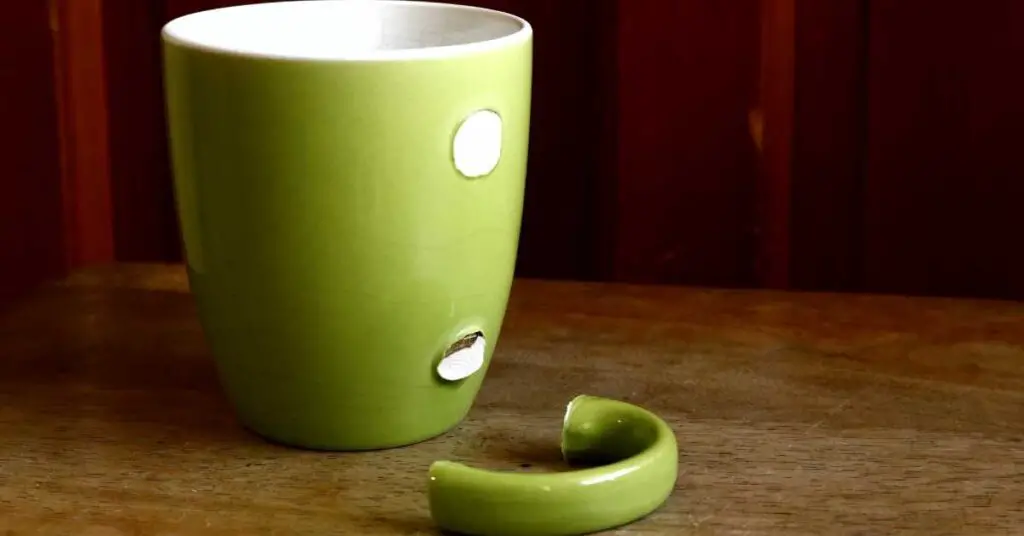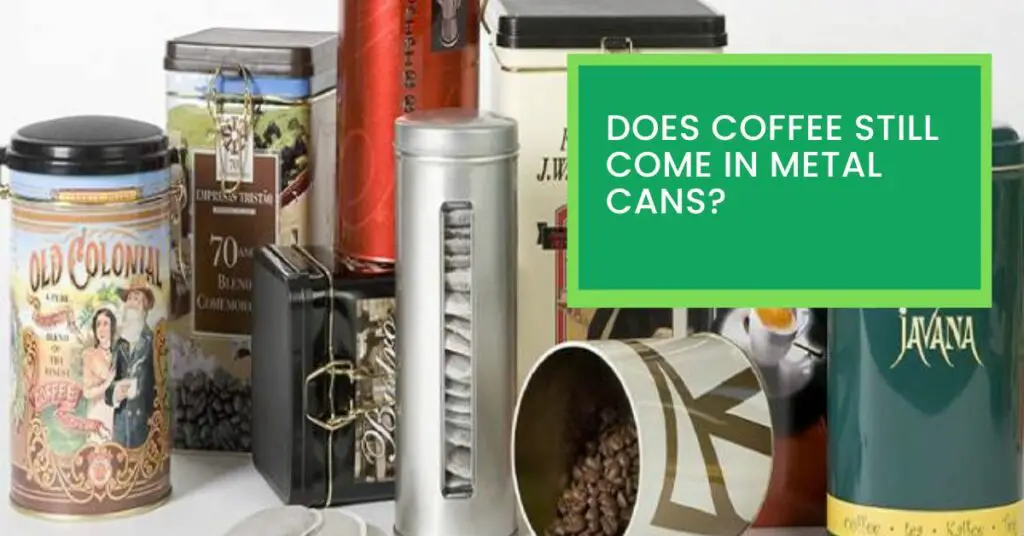It’s happened to all of us. You’re reaching for your coffee mug, taking a sip, and then you notice it – a long scratch running the length of the cup. You try to remember how it got there, but you can’t. It’s just always been there. But is a scratched coffee mug safe to drink from?
If your coffee mug has only superficial scratches, don’t worry; those are harmless. However, if the scratches are deep or if they run into the mug’s material (creating a network of tiny cracks), they could leach harmful elements into your coffee. The severity of the leaching will depend on the material of the mug.
For example, if you have a glass mug with deep scratches, it’s more likely that harmful elements will leach into your coffee than if you have a ceramic mug with shallow scratches. In general, though, scratched coffee mugs are safe to use as long as the scratches are superficial.
How to inspect the scratches in our coffee mug
If you can’t seem to get the scratches out of your coffee mug, there’s an easy test you can do at home to see if they’re superficial or if they run all the way through the glaze. All you need is some baking soda and water.
Mix 2-3 tablespoons of baking soda with 1-2 tablespoons of water to make a soft paste. Use a microfiber cloth to scoop some of the paste and gently rub it on the scratches. You may need to add a few drops of dishwashing soap to get the paste to stick. Rinse the mug in fresh water. If the scratches are superficial, they should be gone. If they’re deeper, they’ll still be visible. This test is especially useful if you’re not sure whether you should continue using the mug or not.
What are the dangers of scratched coffee mugs?
Scratched coffee mugs can pose a serious health hazard. The scratches provide a perfect breeding ground for bacteria, which can then be transferred to your mouth and cause infections.
In addition, the scratches can also trap coffee grounds, which can make your coffee taste bitter and can also cause tooth decay. If you regularly drink coffee from scratched mugs, it’s important to take steps to protect your health.
First, make sure to wash your mug with hot water and soap before each use. You should also avoid using abrasive cleaners on your mug, as they can exacerbate the problem. Finally, replace your mug if the scratches become too deep or numerous. By taking these simple precautions, you can enjoy your coffee without putting your health at risk.
How to prevent your coffee mug from being scratched:
There are several steps you can take to prevent your coffee mug from being scratched.
The first is to avoid using it for purposes other than drinking coffee, such as holding pens or keeping change. You should also store it in a safe place and never throw it in the dishwasher, as these activities can cause scratches over time.
Another way to protect your coffee mug from scratches is to use a soft sponge or microfiber cloth when washing it.
Finally, if there are already deep scratches on your mug, try applying a clear coat of nail polish over them; this will help protect the surface from further damage.
With these simple strategies, you can enjoy your coffee without worrying about those pesky scratches!
How to fix a scratched coffee mug:
If your coffee mug has already been scratched, there are several steps you can take to fix the problem.
The first is to do a deep clean of the mug, using warm water and soap to remove any remaining coffee grounds or other residue.
You may also want to try buffing out surface scratches with toothpaste or baking soda. Another option is to apply a coat of clear nail polish over the scratched areas, which will help prevent further damage from occurring.
In addition, it’s important to avoid using harsh cleaning chemicals on your mug, as these can cause the scratches to worsen. By taking these simple steps, you can restore your coffee mug back to its smooth and shiny condition!
What to do with cracked mugs
There are many things you can do with a cracked mug. One option is to use it as a planter. Cracks can provide drainage for excess water, and the mug can add aesthetic appeal to your garden.
Another option is to use the mug as a holder for pens or other office supplies. You can decorate the mug with an inspiring message or design, and it will add personality to your workspace.
Finally, you can repurpose the mug as a toothbrush holder. This is especially useful for coffee mugs with beautiful art or messages. By repurposing your cracked mug, you can give it new life and purpose.
So the next time you have a cracked mug, don’t throw it away – think creatively and find ways to put it to good use!
Alternatives to scratched coffee mugs
Alternatives to scratched coffee mugs include using other types of mugs, such as ceramic or glass. These tend to be sturdier and less likely to crack or shatter if dropped.
If you are looking for a more environmentally-friendly option, there are also several options made from sustainable materials like bamboo or silicone. These mugs are often lightweight and dishwasher-safe, making them a convenient choice for everyday use.
Ultimately, the best way to avoid cracked coffee mugs is to take good care of your mug by storing it carefully and washing it regularly with mild soap and water. If you do happen to drop your mug and it breaks, simply recycle the pieces and invest in a new one that will better suit your needs.
Conclusion
Whether you’re dealing with scratches, cracks, or other damage, there are many effective strategies for protecting and fixing your coffee mug. By taking simple precautions and using appropriate cleaning methods, you can enjoy your favorite beverage without worrying about your mug’s safety or durability. So the next time you reach for a hot cup of coffee, don’t forget to protect your precious mug!
FAQs
Can stainless steel or glass coffee mugs contain lead?
No, stainless steel and glass coffee mugs do not contain lead. They are considered safe options for drinking coffee or tea.
Do ceramic coffee mugs always contain lead and cadmium?
No, it is not always true for ceramic coffee mugs to contain lead or cadmium. Properly manufactured and glazed ceramic mugs are typically free from these harmful substances.
What should I do if my favorite coffee mug is chipped?
If your ceramic coffee mug is chipped, it’s best to discontinue using it to prevent any risk of bacterial contamination. Consider getting a new mug as a replacement.
Are porcelain coffee mugs safe for daily use?
Yes, porcelain coffee mugs are generally safe for daily use. It’s important to ensure they are not chipped and are free from any lead or other harmful substances.
Do ceramic lined mugs leech lead into the coffee or tea?
If ceramic-lined mugs are properly manufactured and glazed, they should not leech lead into your coffee or tea. It’s essential to purchase mugs from trusted sources to ensure safety.












